THE PROGRAM
BRAIN AND COGNITION IN HEALTH AND DISEASE
This course will present the state-of-the art understanding of brain function and dysfunction and its relationship to normal and abnormal cognition. A review of the central neurobiological, cognitive, and clinical concepts will be offered, with some of the established concepts challenged and novel ones introduced.
The course is designed to be both relevant and accessible to practicing neuropsychologists, clinical psychologists, psychiatrists, neurologists, cognitive neuroscientists, as well as other professionals interested in cutting-edge issues of brain and cognition.
DATES:
February 17 – February 21, 2020.
TIME:
Morning coffee: 8:30 am – 9:00am
Lecture: 9:00am – 10:30am
Coffee break: 10:30am – 11:00am
Lecture: 11:00am – 12:30pm
There will be an opportunity for the participants to continue discussions in small groups after the lectures.
LOCATION:
Conference room at Anja Hotel, Bali.
Address: Jl. Yoga Perkanthi No.2, Jimbaran, Kec. Kuta Sel., Kabupaten Badung, Bali 80361, Indonesia
Phone: +62 361 3352068
Website: www.anjajimbaran.com
TUITION:
$975 (USD) for the 5-day program (travel and hotel expenses are not included).
In the unlikely case of program cancellation, a full refund will be issued for the program tuition. However, travel and hotel expenses will not be reimbursed. Travel insurance is advised. If a participant wants to cancel registration, tuition will be refunded as long as the cancellation is made no later than one week prior to the beginning of the course, minus a $75 (USD) processing fee.
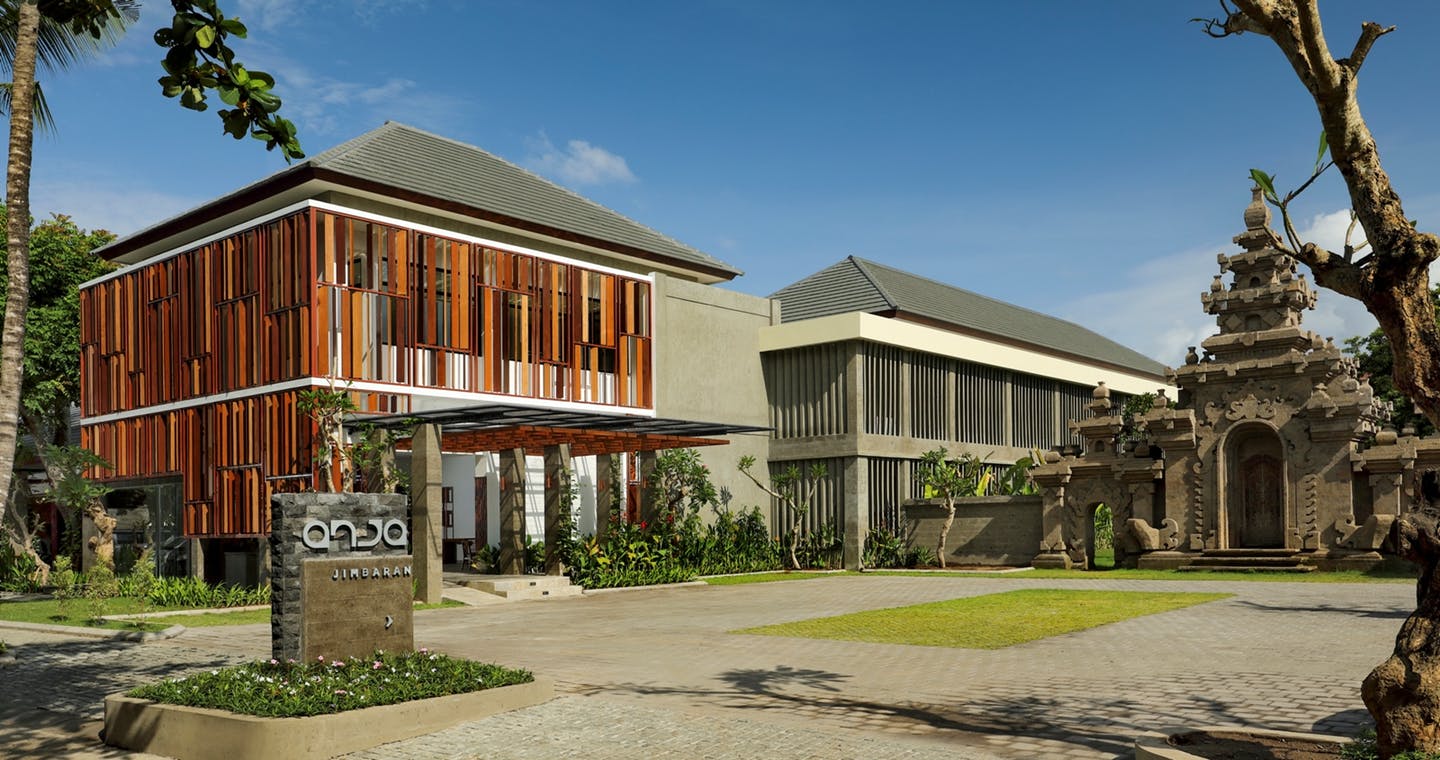
AGENDA
Monday
- Evolution of the brain: from thalamus to neocortex. Evolution of neuropsychology: from loci to networks.
- What is wrong with the classic view of hemispheric specialization.
- New approaches to hemispheric specialization: Cognitive novelty vs cognitive routines.
- Hemispheric specialization across species, including humans.
- Sex (or gender?) differences and cerebral hemispheres. Why this is important for clinicians.
- Emotions, cerebral hemispheres, and neurostimulation for depression.
Tuesday
Frontal lobes in evolution. Executive functions and their components.
The triple-decker: frontal lobes, striatum, and the dopamine systems.
Neural basis of executive functions. Subdivisions of the frontal lobes.
Major frontal-lobe syndromes: dorsolateral, orbitofrontal, reticulo-frontal, and others.
Decision making in ambiguous environments. Agent-centered decision making.
How animal research helps understand human working memory.
Wednesday
Neuroscience of creativity. Neuroimaging and genetic findings.
Hyperfrontality and hypofrontality in the normal and abnormal brain.
Intelligence and the brain. “IQ intelligence” vs real-life intelligence.
Arousal, attention, and consciousness.
Voluntary vs automatic attention and their disorders. ADHD and dysexecutive syndrome.
“Memory based learning disability” – a neglected syndrome.
Thursday
Connecting the dots between disparate disorders: frontal lesions, Parkinson’s disease and Tourette syndrome.
Rethinking Tourette syndrome and ADHD.
Cognitive impairment in Alzheimer’s disease. Why executive deficit is often overlooked.
Lewy body dementia and Parkinson’s disease: merely related or variants of the same disorder?
Frontotemporal dementia and its variants: separate until they are not.
Neuroplasticity and the lifespan: How neurobiology and environment interact in the age of innovation.
Friday
Cognitive impairment in traumatic brain injury. When “mild TBI” is not so mild.
Cognitive impairment in neuropsychiatric disorders: schizophrenia and affective disorders.
Connecting the dots again: Schizophrenia and Frontotemporal dementia.
“Punding,” dopamine, and the mechanisms of addiction.
Cross-cultural neuroscience: Why we need it today more than ever.
Summing up: What we have learned and future directions.
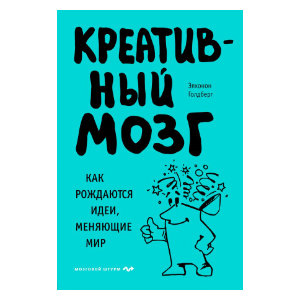
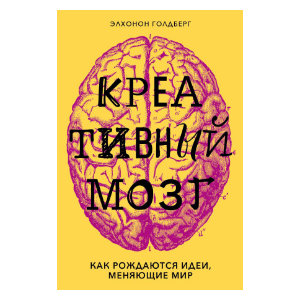

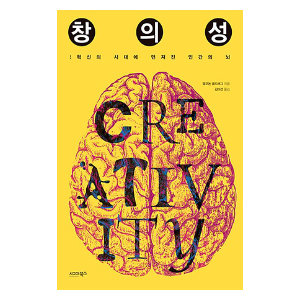
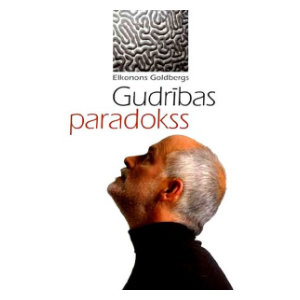
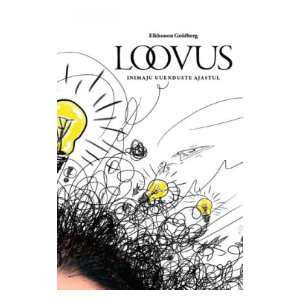




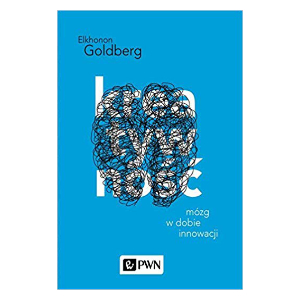
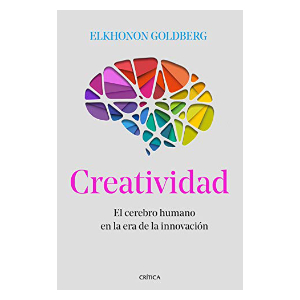


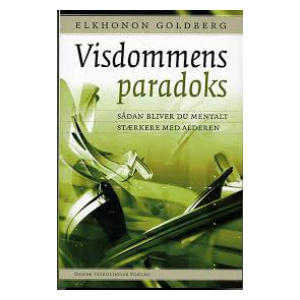

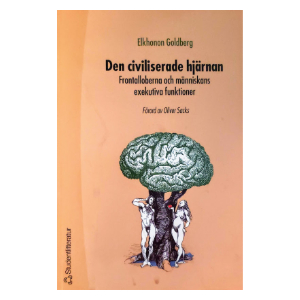
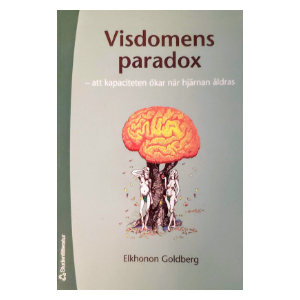
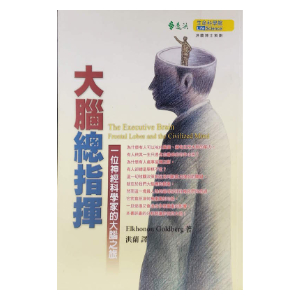
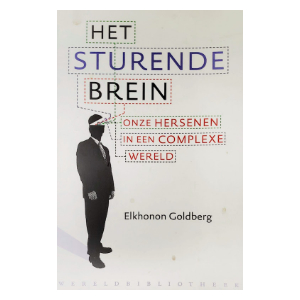

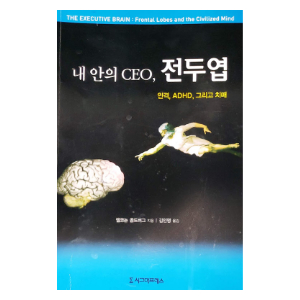
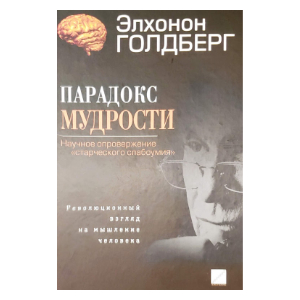
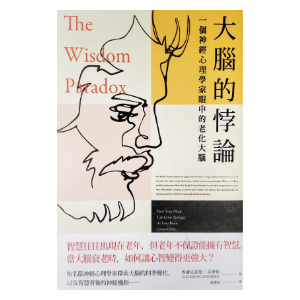
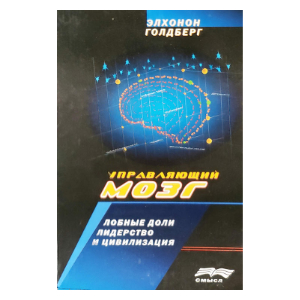



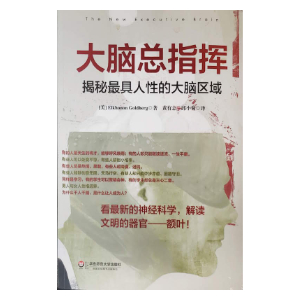
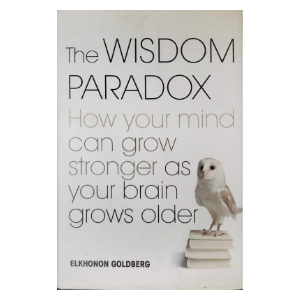
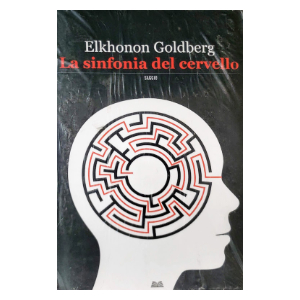
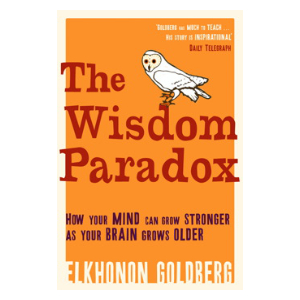

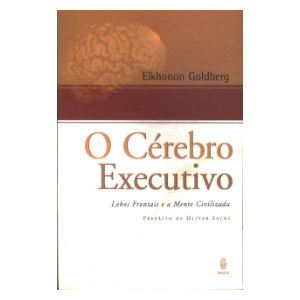
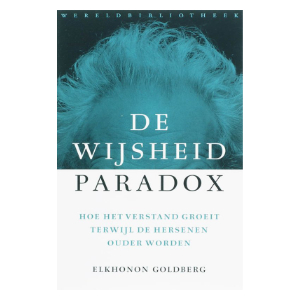





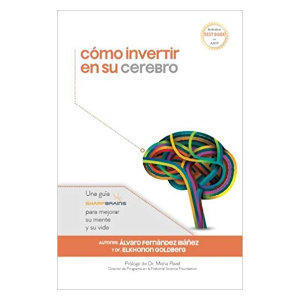
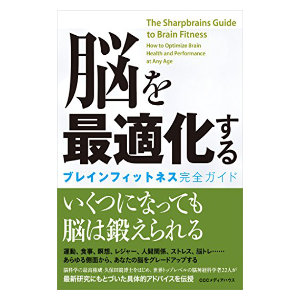


THE SPEAKER
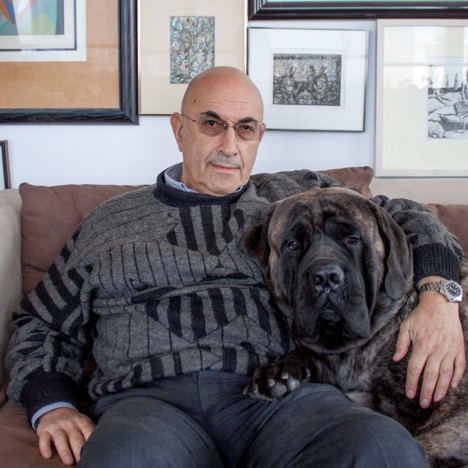
Elkhonon Goldberg, Ph.D., ABPP/ABCN, is a a clinical neuropsychologist and cognitive neuroscientist, and the Founding Director of Luria Neuroscience Institute and Goldberg Brain-Mind Symposia. He is a diplomate of The American Board of Professional Psychology / American Board of Clinical Neuropsychology, with over 40 years of experience in neuropsychological diagnosis, cognitive rehabilitation, and forensic neuropsychology.
Dr. Goldberg is internationally renowned for his research, writings, clinical work, and teaching in the area of clinical neuropsychology and cognitive neuroscience. He is particularly well known for his work on executive functions and dysfunction. His other areas of expertise include memory disorders, attention deficit disorder, dementia, traumatic brain injury, and others.
Dr. Goldberg was a student and close associate of the great neuropsychologist Alexander Luria, whose memory he honored in two edited volumes: Contemporary Neuropsychology and the Legacy of Luria (Laurence Erlbaum, 1991) and The Legacy of Luria in the 21st Century (Oxford University Press, 2009).
Goldberg’s books The Executive Brain: Frontal Lobes and the Civilized Mind (Oxford University Press, 2001); The Wisdom Paradox: How Your Mind Can Grow Stronger as Your Brain Grows Older (Gotham Books, Penguin, 2005); The New Executive Brain: Frontal Lobes in a Complex World (Oxford University Press, 2009) have received international critical acclaim and have been published in 20 languages. His book Executive Functions in Health and Disease (Academic Press, 2017) has received a “highly commended book” award by the British Medical Association. His most recent book is Creativity: The Human Brain in the Age of Innovation (Oxford University Press, 2018).
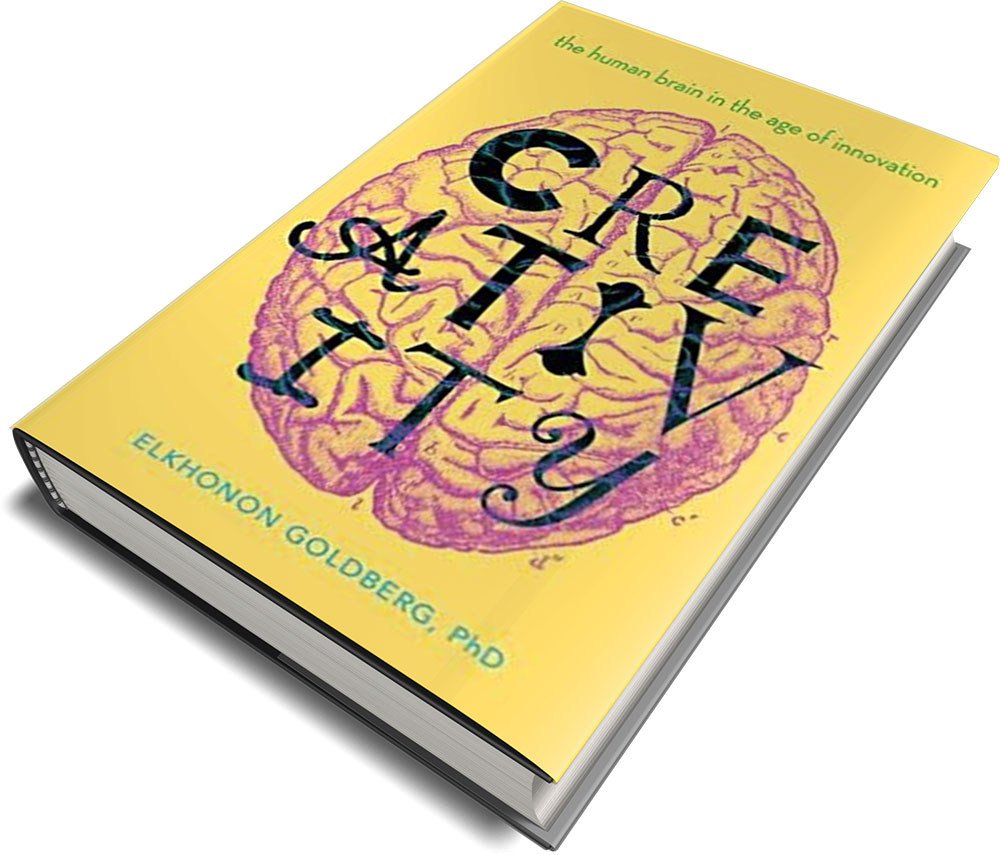
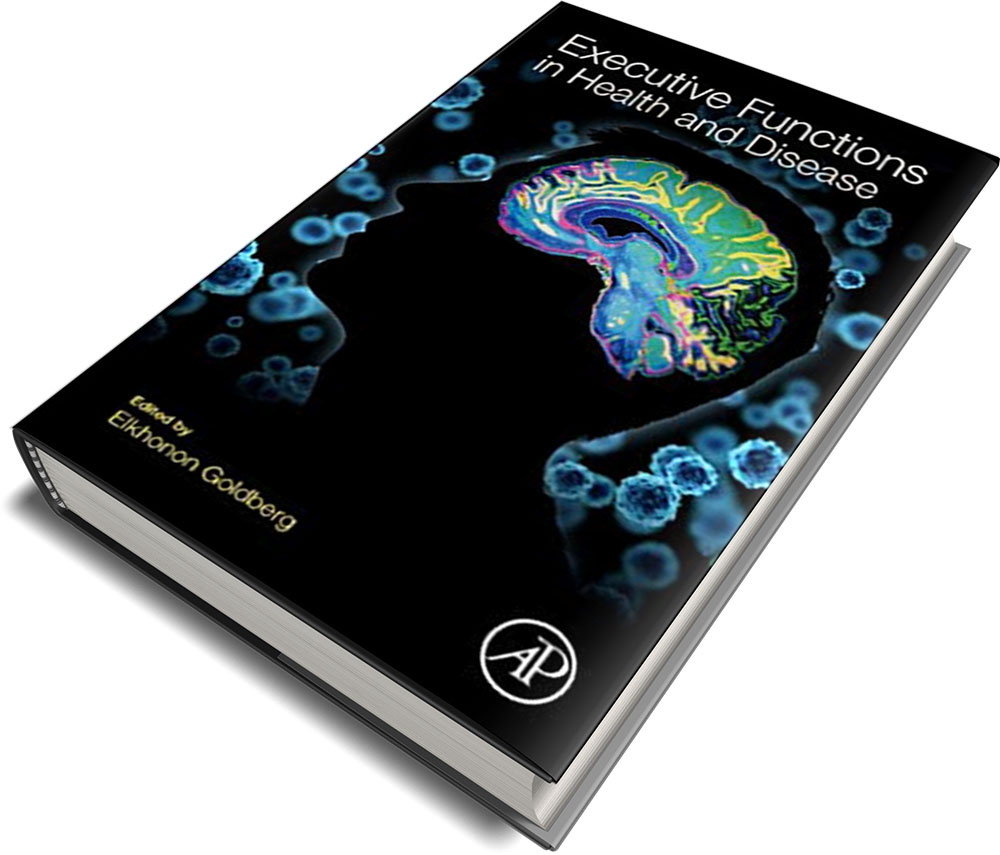
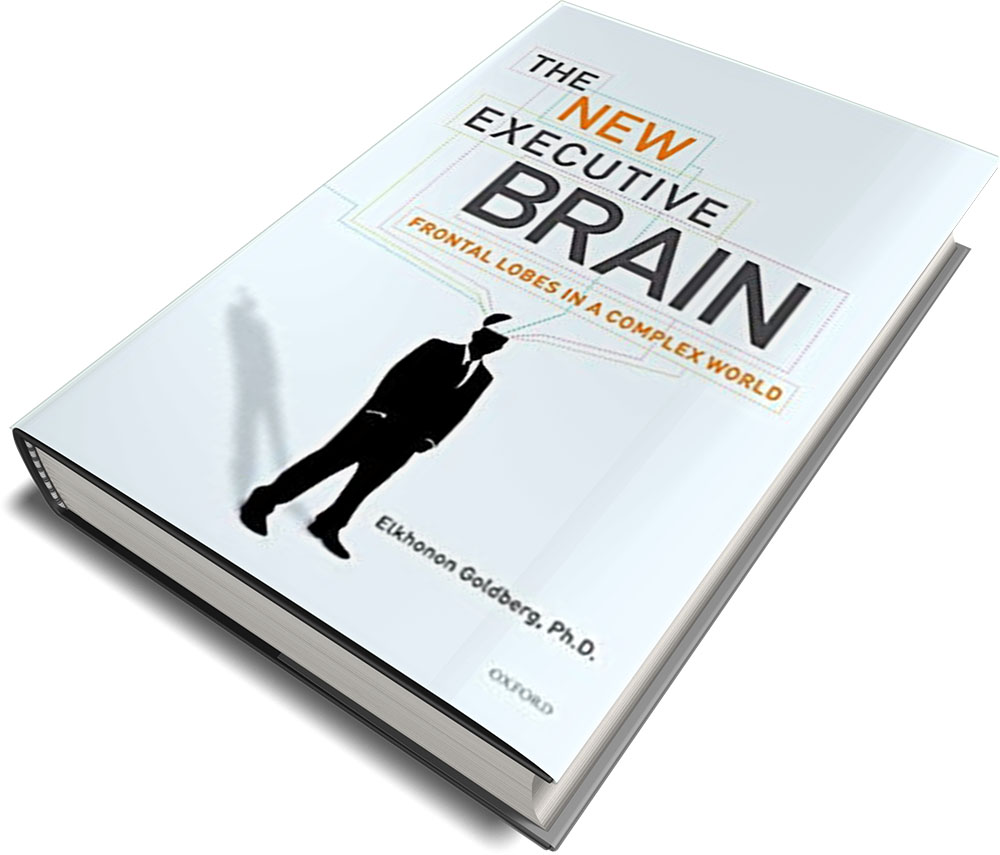
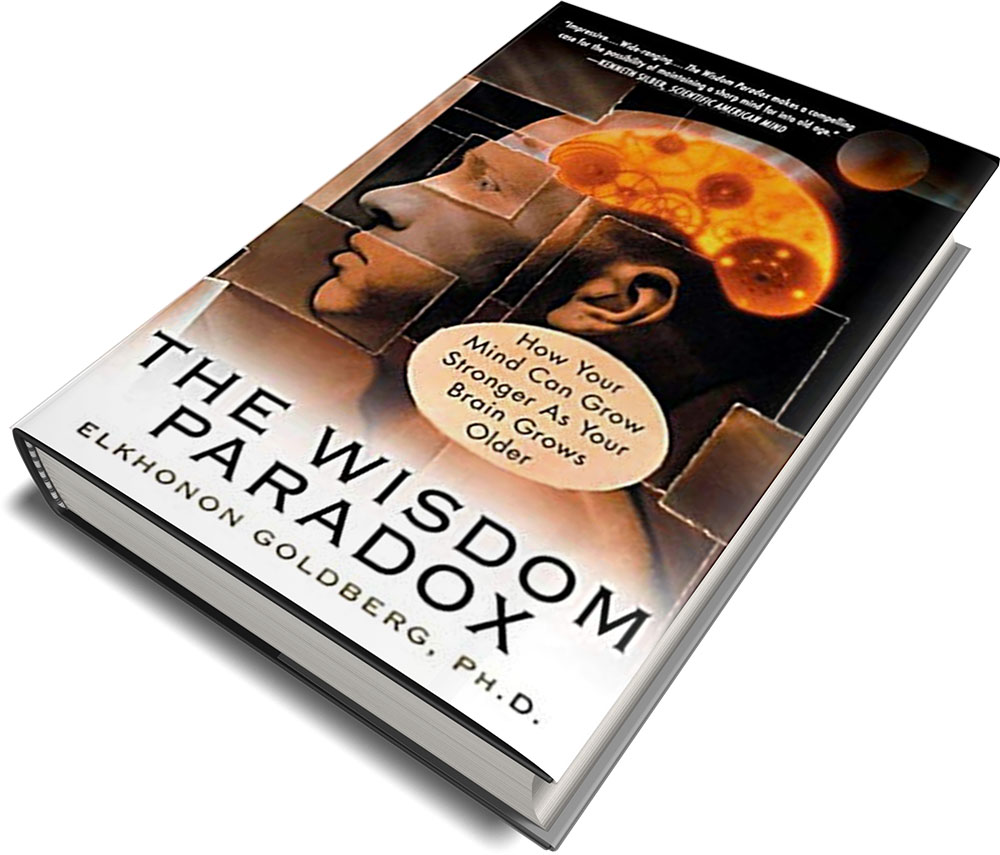
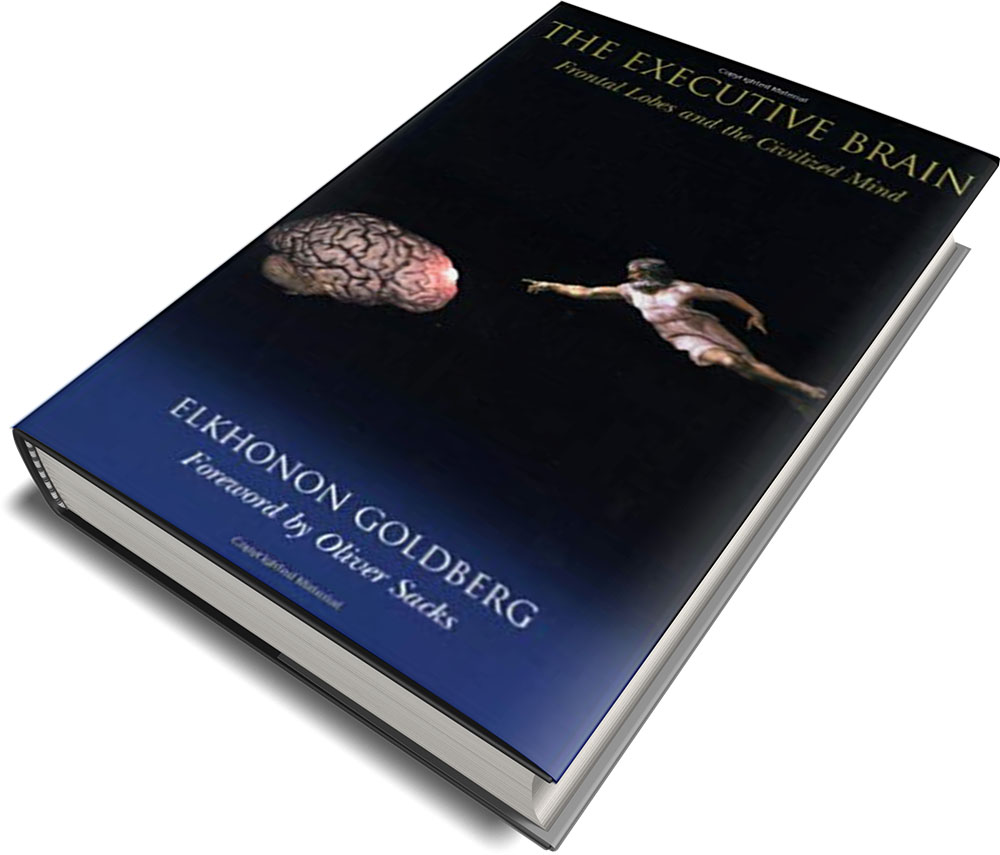
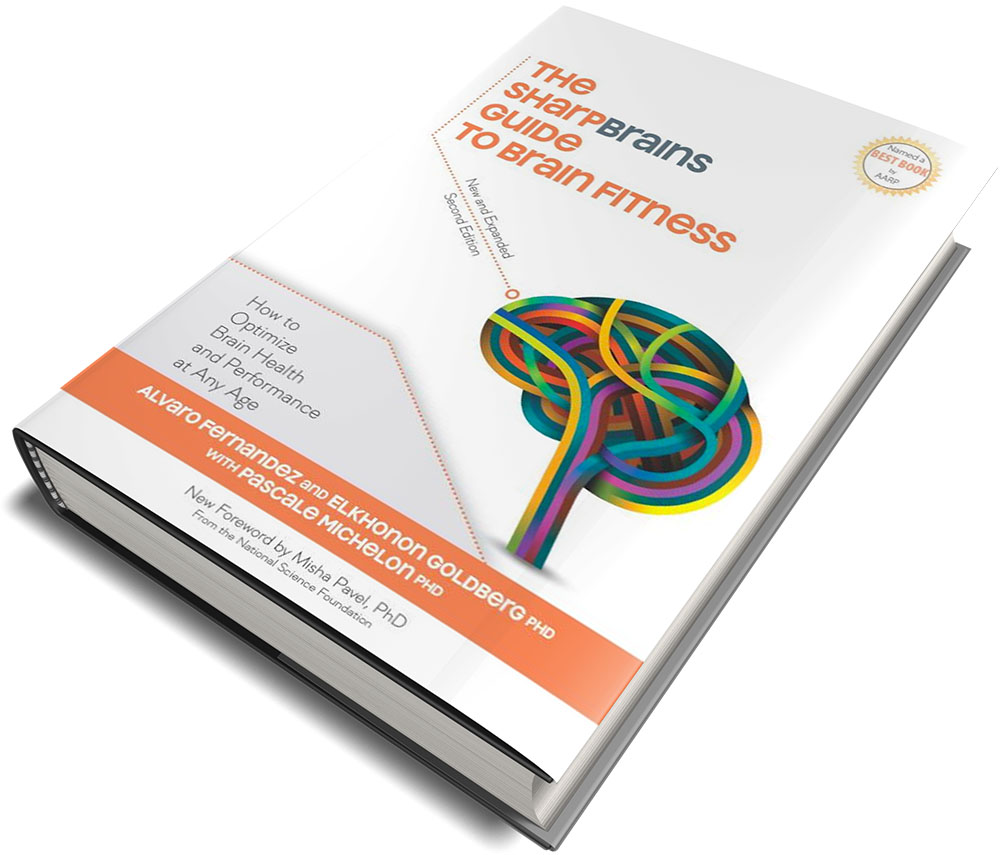
Goldberg is a foreign member of The Venetian Institute of Science, Literature and Arts; as well as a recipient of Copernicus Prize for contributions to neurosciences and neuropsychology, and of Tempos Hominis medal for international medical sciences educations. Goldberg has served as Visiting Scholar at The Institute for Advanced Studies of Hebrew University of Jerusalem and Visiting Professor at University of Sydney. He lectures worldwide. His current research spans a wide range of topics, which include the brain mechanisms of decision making, cross-cultural cognitive neuroscience, and Artificial General Intelligence.
